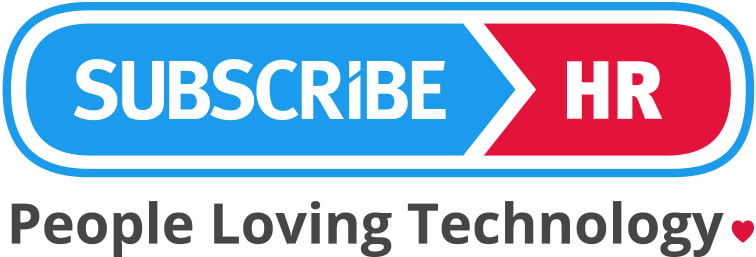If you're an HR professional who is new to the world of HR Software Cloud SaaS and you're not quite sure where to start, this blog will outline the headlines of how to assess and align your organisation with best practice when selecting and implementing an HR technology solution. We have also created a downloadable checklist that will enable you to assess your organisation against best practice benchmarks in order to make a fully informed decision about which Cloud HR solution is best for you. Essentially we want you to have as much information as possible, so that when you embark on a transition to the Cloud, you're as well prepared as you can possibly be.
Many organisations flounder when they implement an HR Software solution because they don't put adequate time and energy into the solution assessment and self assessment processes upfront. Selecting and implementing a solution is quite an intensive process. However, it is still only part of the equation, and making sure the change management part of the process is properly engaged is also essential.
Below are five major themes for HR Professionals to understand and assess when considering an HR solution. Each of these themes is expanded on considerably, and accompanied by a set of self assessment questions, in the attached checklist 'Cloud HR Best Practice Self Assessment Considerations.
1. Incorporate technology into your HR and business strategy
HR Professionals need to ensure that all technologies used within the organisation compliment the business strategy and offer significant improvement in business processes leading to increased operational excellence. Taking the time to map strategy against the functionality and capability of HR solutions means better alignment that enhances strategy.
2. Make strategic technology decisions in relation to market benchmarks and competitior analysis
The agility and flexibility of technological advances means that by employing the right technology solutions, your organisation is able to stay in line with the business environment and on par with market leaders and other competitors.
3. Workplace culture, HR technology and the change process
Technology is nothing without successful implementation, harmonised business processes and internal champions driving utilisation. However, HR Professionals must understand that HR technology solutions do not replace human-to-human relationships. It is extremely important to consider how much your organisation’s culture can have a huge impact on the success of your technology projects, and this must be managed accordingly.
4. Workforce planning and analytics
Make no mistake, as the amount of data increases, HR Professionals need to explore ways in which technology can improve data analytics and workforce planning in their organisations. The adoption of an HR solution needs to ensure the capture and utilisation data within and across the organisation, including an open API for IT ecosystem integration.
5. Technology must enable better Talent Management
In a market where the shortage of great talent is set to increase, HR Professionals will need to focus more energy on Talent Management. Achieving business goals and retaining an engaged and ambitious workforce is becoming more imperative than ever, and HR technology is a tool that makes this a more seamless and personalised process.
Source: Subscribe-HR Blog

